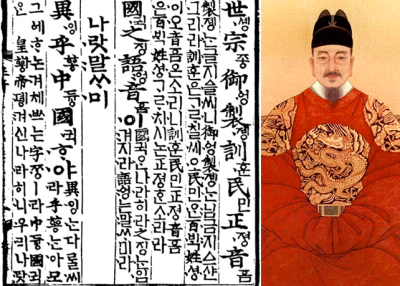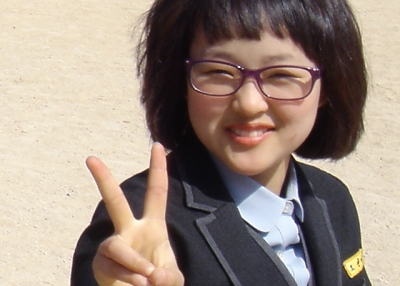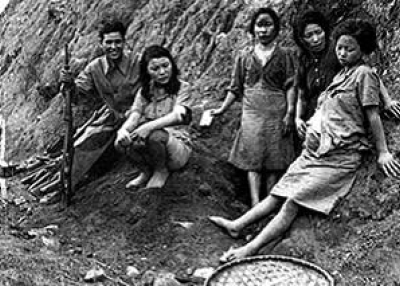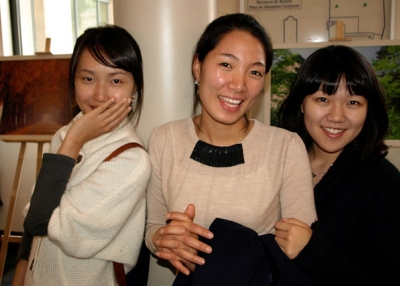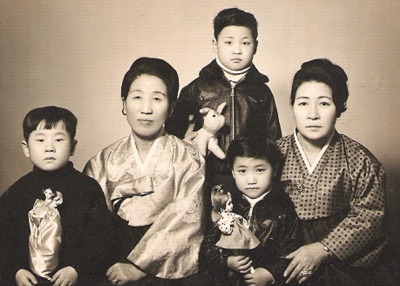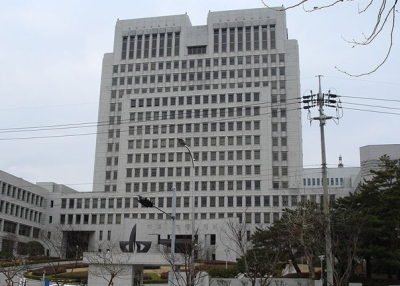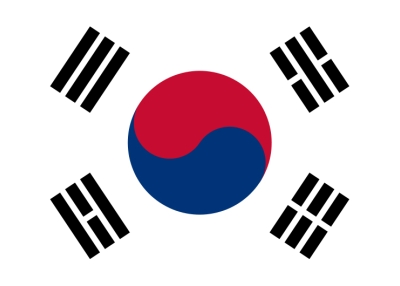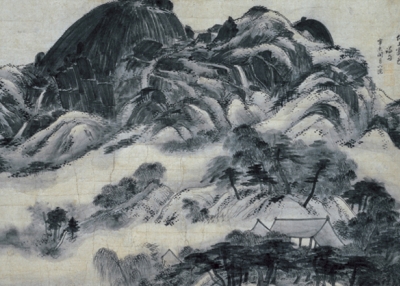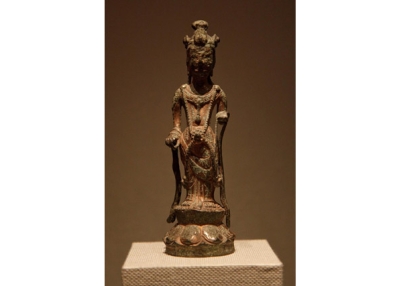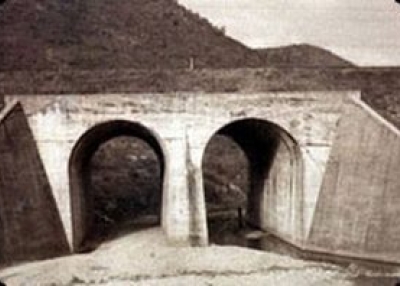North Korea: Looking Beyond the Stereotypes
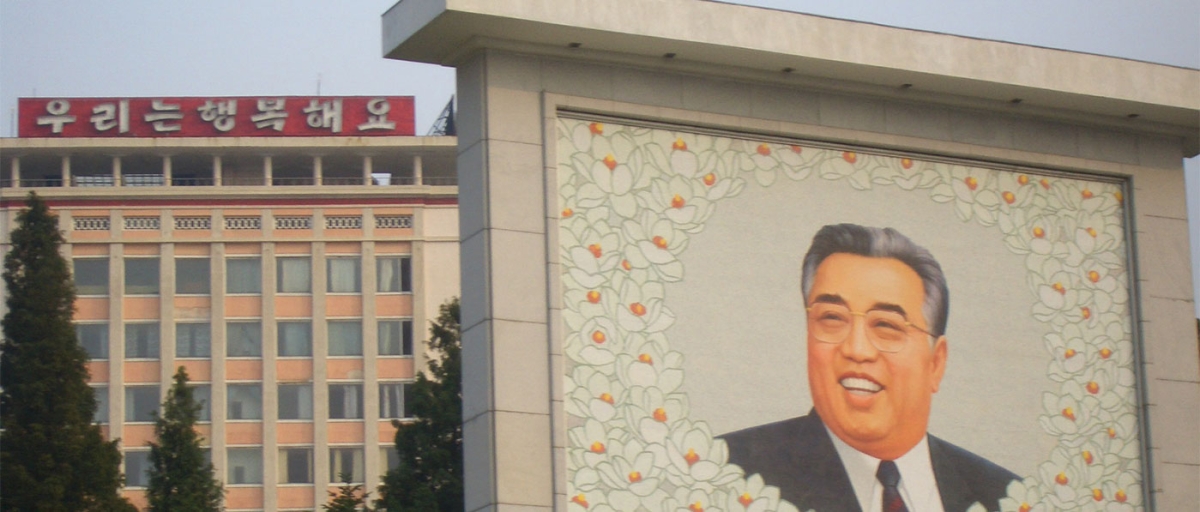
NEW YORK, September 14, 2017 – In an article published on Education Week's Global Learning blog, Center for Global Education staff member Anne Hilton shares resources to help you cut through the stereotypes surrounding North Korea and more deeply examine the country, its people, and the complexities of its politics and nuclear program. Below is an excerpt of the article, which can be read in its entirety on Education Week.
What does North Korea make you think of? What's the very first word or phrase that comes to mind? Nuclear weapons? World War Three? Military marches? Famine? Axis of evil? How about your students? What's the first word or phrase that comes to mind for them?
Were any of the answers surprising? Were the answers similar?
Is there an image that's particularly iconic in your mind or in students'? Do those images reinforce the words or phrases you came up with, or do they broaden the idea you've built up of North Korea?
Don't be surprised if you're finding a pattern of perceptions about North Korea in your answers and your students' answers. North Korea is the country everyone loves to hate. Be it their leader's idiosyncratic behavior or their insistence on making and testing nuclear weapons, media and political leaders alike focus on the strangeness of North Korea and eagerly perpetuate superficial stereotypes about the country and its people.
But by using the tools of global competence as a starting point, you can empower your students to consider North Korea beyond the stereotypes and gain a better understanding of the country.
Find resources and read the entire article on Education Week.
Connect With Us
Asia Society
725 Park Avenue
New York, NY 10021
t: 212-327-9260
[email protected]

